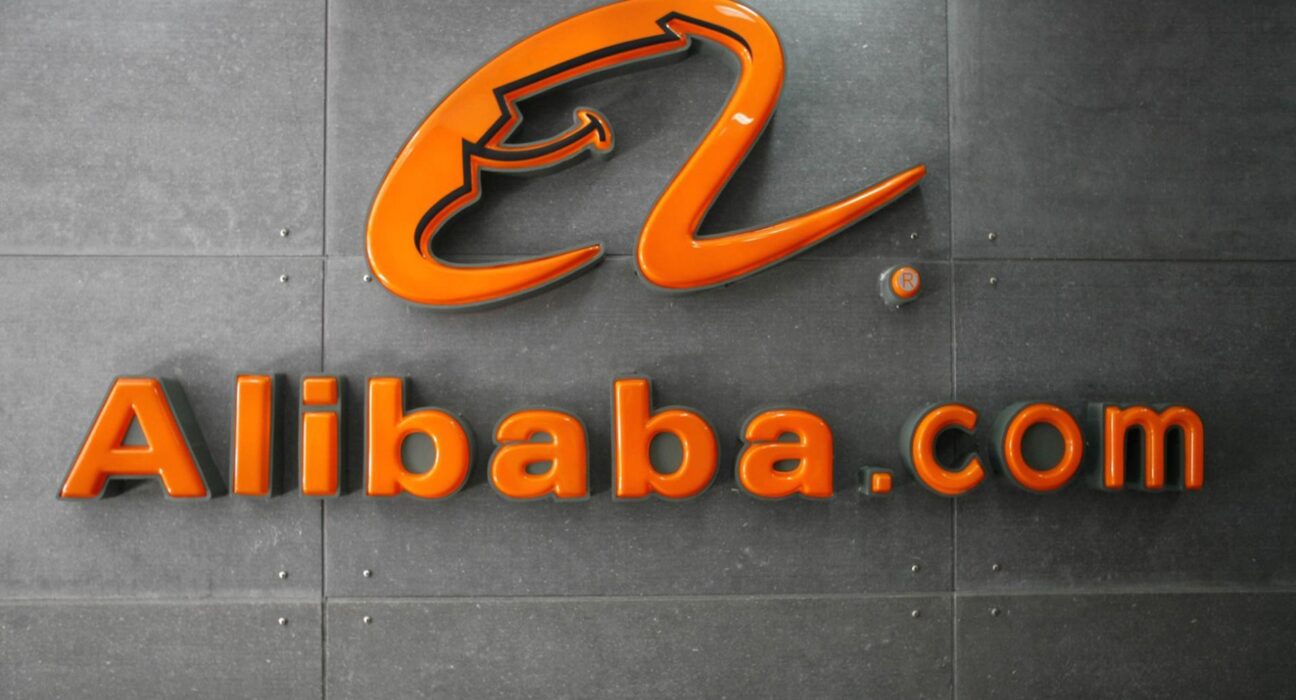Alibaba, one of the world’s largest e-commerce giants, has ventured into the world of nonfungible tokens (NFTs) with a marketplace designed to license intellectual property (IP). Named “Blockchain Digital Copyright and Asset-Trade”, the platform offers trademark owners the ability to tokenize their property rights and auction them to potential buyers.
This move signals Alibaba’s growing interest in blockchain and NFTs, adding to the adoption of these technologies across its subsidiaries.
Alibaba’s NFT Marketplace: Key Features
1. Purpose and Functionality
The platform enables IP holders to tokenize their property rights, creating non-transferable NFTs that represent licenses.
- Platform Integration: Accessible via Alibaba’s Auction network.
- Blockchain Technology: Built on the New Copyright Blockchain, managed by the Sichuan Blockchain Association Copyright Committee.
2. Target Audience
The marketplace aims to attract:
- Writers.
- Singers.
- Artists.
- Game developers.
3. Auction Details
- Deposit: A 500 yuan (approximately $77) deposit is required to participate.
- Reserve Price: Starts at $15 per auction.
- Tools for Buyers: Buyers can browse their collections via the Bit Universe app, integrated with WeChat.
Significance of Alibaba’s NFT Marketplace
1. A Platform for Creators
The marketplace offers creators a unique avenue to monetize their work while maintaining control over licensing.
2. Enhancing IP Licensing with Blockchain
Using blockchain ensures transparency and authenticity, providing:
- Verifiable ownership records.
- Traceable licensing transactions.
3. Pioneering NFTs in China
This initiative marks a significant step in mainstream adoption of NFTs within China’s tech and creative industries.
Challenges and Concerns
1. Unauthorized Content
- Alibaba’s marketplace has faced criticism for vague licensing terms, with some NFTs allegedly featuring unauthorized fan art (e.g., Star Wars-themed works).
2. Copying Risks
As noted by South China Morning Post (SCMP), the technology itself does not prevent unauthorized copying, raising questions about enforcement and legal protections.
3. Regulatory Landscape in China
China’s stringent regulations on cryptocurrencies and digital assets could pose challenges for widespread adoption of NFTs.
Alibaba’s NFT Ecosystem: Other Initiatives
1. Taobao’s NFT Debut
- Event: NFTs featured at Taobao’s annual Maker Festival in July 2021.
- Highlight: Chinese artist Huang Heshan sold NFT-based virtual property.
2. SCMP’s ARTIFACT Project
- Objective: Tokenizing historical moments from SCMP’s 118-year archive.
- Examples: The 1997 Hong Kong handover from the U.K. to China.
Impact on the NFT and IP Landscape
1. Empowering Creators
Alibaba’s marketplace provides a streamlined solution for creators to monetize their intellectual property in the digital age.
2. Advancing Blockchain Adoption
By incorporating blockchain, Alibaba helps demystify NFTs for a broader audience, fostering trust and scalability.
3. Inspiration for Competitors
Alibaba’s entry into NFTs may encourage other tech giants to explore blockchain-based licensing models, accelerating global adoption.
FAQs
What is Alibaba’s NFT marketplace?
Alibaba’s NFT marketplace, “Blockchain Digital Copyright and Asset-Trade”, allows trademark owners to tokenize and license their intellectual property.
Who can use the platform?
The marketplace targets creators such as artists, writers, singers, and game developers.
How does the auction system work?
Participants pay a deposit of 500 yuan (~$77) and can bid on NFTs starting at $15.
What blockchain does the marketplace use?
The platform is built on the New Copyright Blockchain, managed by the Sichuan Blockchain Association Copyright Committee.
What are the concerns about Alibaba’s NFT marketplace?
Critics have raised issues about vague licensing terms and the potential inclusion of unauthorized content.
What other NFT initiatives has Alibaba undertaken?
Alibaba’s subsidiaries have showcased NFTs at events like Taobao’s Maker Festival and SCMP’s ARTIFACT project for tokenized historical moments.
Conclusion
Alibaba’s launch of an NFT marketplace demonstrates its commitment to integrating blockchain technology into the creative economy. By enabling IP licensing through NFTs, the platform provides a revolutionary tool for creators to monetize their work while expanding the reach of digital assets in China.
Despite challenges such as unauthorized content and regulatory hurdles, Alibaba’s foray into NFTs could set the stage for broader adoption and innovation across the global tech industry.
To learn more about the innovative startups shaping the future of the crypto industry, explore our article on latest news, where we delve into the most promising ventures and their potential to disrupt traditional industries.
Disclaimer: The information provided is not trading advice, Bitcoinworld.co.in holds no liability for any investments made based on the information provided on this page. We strongly recommend independent research and/or consultation with a qualified professional before making any investment decisions.


